In society, being selfish is seen as bad and something we should never be. If someone calls you selfish, it means you care only about yourself and not about others. However, sometimes people use this term to make us do things for them, even if it harms us. But it is nothing wrong in being healthy selfish.
1. Not living with a toxic spouse for the sake of kids.
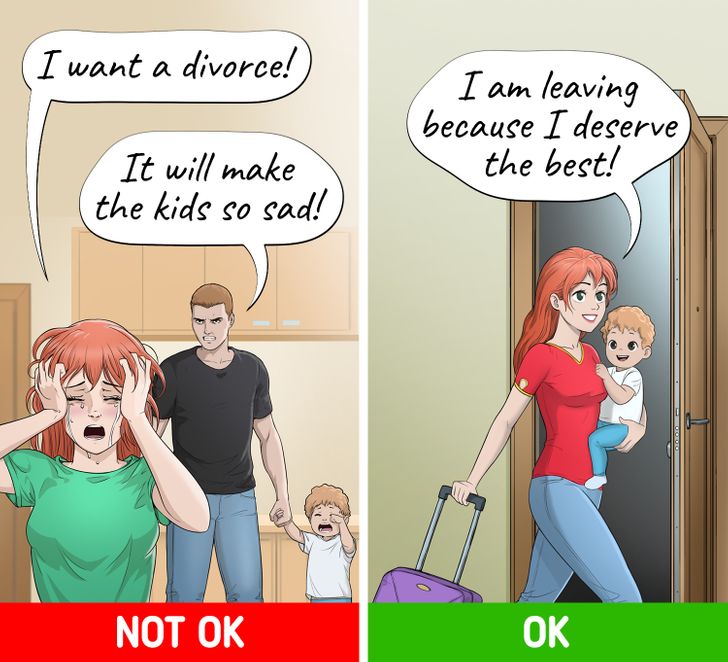
People in half-broken marriages sometimes claim that they remain a couple for the sake of their children. They are convinced that their children will be better raised in a conflicted family, saved from the negative impact of divorce. But, as psychologists claim, kids do tend to copy the relationship model of their parents when they grow older, and while divorcing a toxic spouse, we actually not only make ourselves happier but we prevent our kids from suffering and struggling in their relationships.
2. Enjoying your time alone.
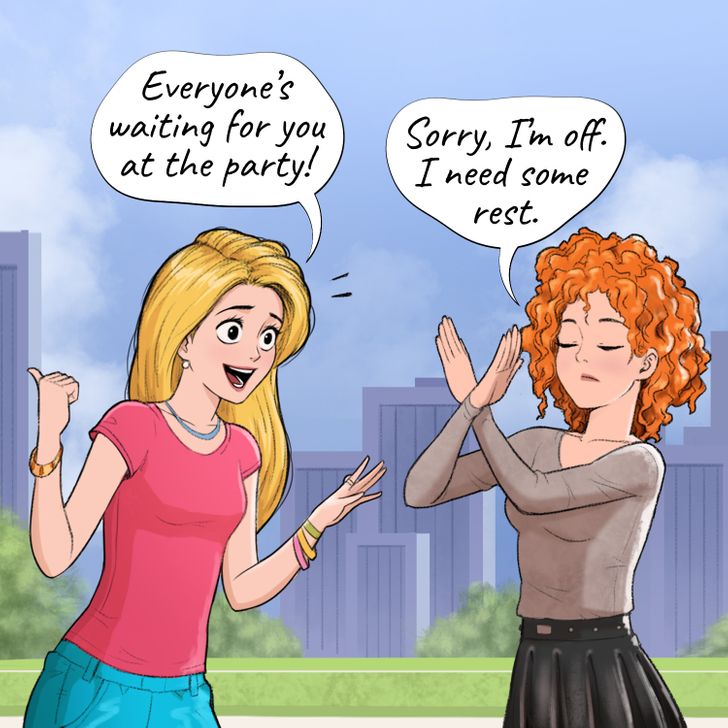
Taking time for yourself and caring about your own needs is a very important part of your overall happiness. People who interfere with your alone time may themselves find it difficult to be alone — they may feel bored or unhappy when they’re on their own. But it’s not your fault, and you have a moral right to enjoy your own time if you don’t feel like sharing your “silent hours” with anyone else at the moment.
3. Not putting the whims of children first.
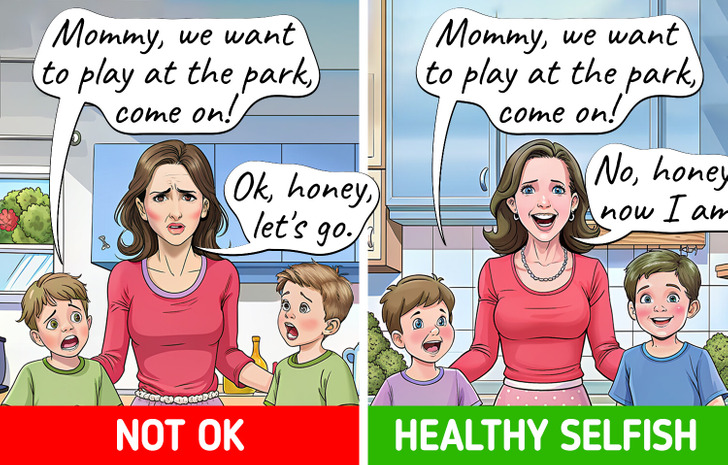
Not long ago, parents thought children should be quiet and not express themselves much. Today, kids often seem to be the most important part of our lives. But these haven’t been easy years for parents, who watch over every move their children make and fulfill their every wish. Recent studies show that college students with helicopter parents tend to be more anxious and reliant on others. They’re also less satisfied with college life and tend to struggle more academically and socially.
Cognitive behaviorist Judith S. Beck noted, “Parents need not, and should not, sacrifice their needs (and some of their desires) for the sake of their children. They should be able to make decisions based on what is good for individual family members, including themselves, and what is good for the family as a whole.”
4. Not replying to people immediately.
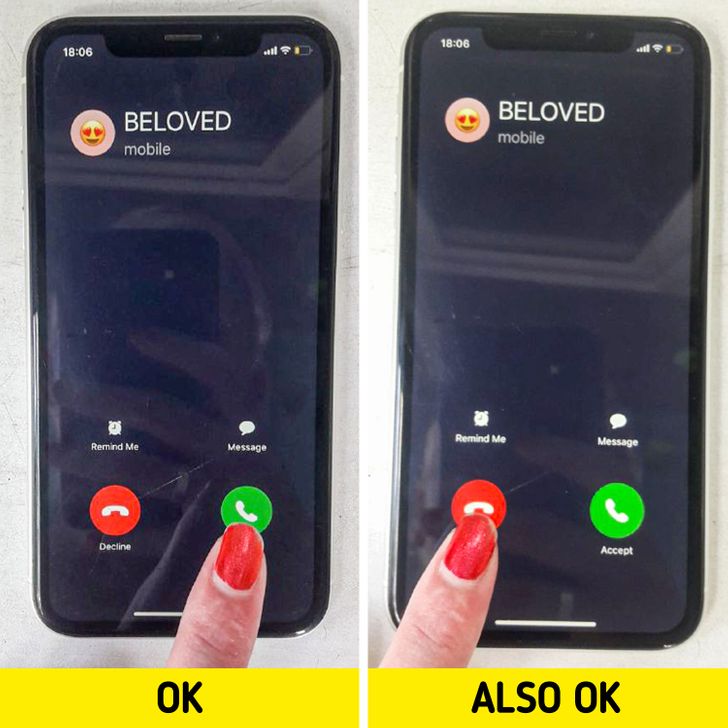
While it can be selfish to neglect people who count on you, it’s not egocentric to set your priorities. If you get a text or a call while you’re cooking, it is absolutely fine to manage your tasks before you answer the call. You can call them back — and you don’t have to put everything aside to reply to someone.
5. Making different decisions than others.

If you wish to follow your own way that’s different from other people’s beliefs, that’s fine. If you don’t want to get married, have children, or even have a job that the majority of people would consider normal — that’s your choice. If you make that choice for someone else, of course, it may be selfish, but choosing something for yourself just means that you know what you want from your own life.
6. Treating yourself.
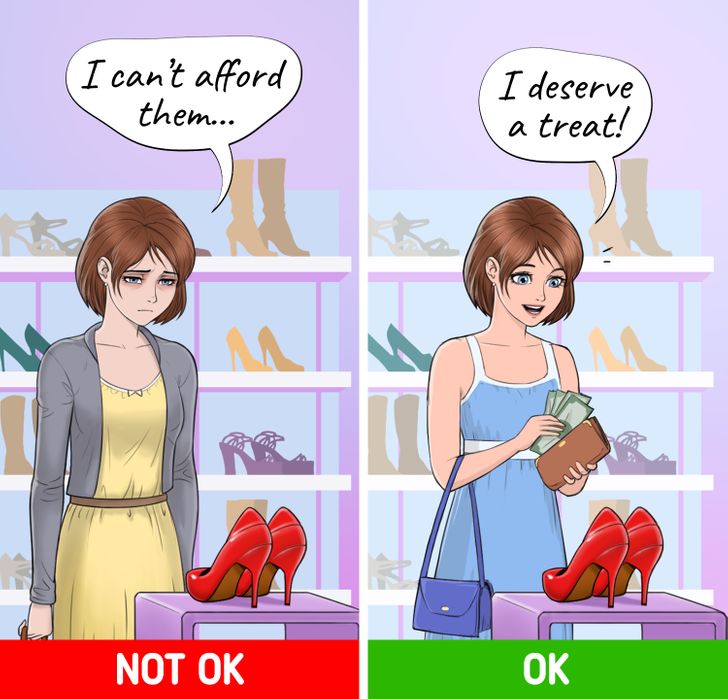
Together with taking care of those close to you, it’s vital to treat yourself, as you should love yourself just as much as you love the important people in your life. While it’s selfish to only care about yourself, you should realize that your happiness is your top priority — so if that extra pair of shoes will make you happy, you probably shouldn’t think twice before buying them.
7. Not always following the “Respect the elders” rule.
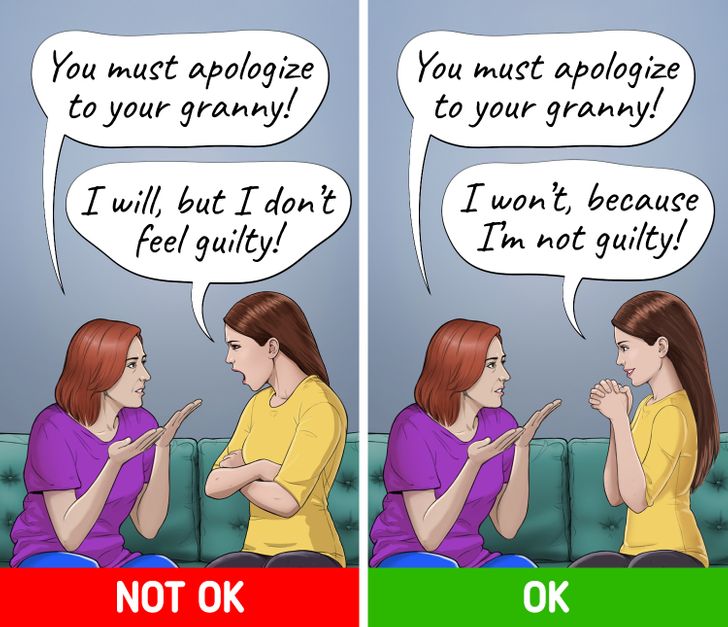
Starting from the dawn of time, we got used to relying on older people to gain some knowledge and life experience. Now, with the rapid progress of technology, the younger generation is more educated than the older. Of course, this doesn’t mean that we know everything the moment we graduate from college, but we may want to rely less on our elders in the learning of what we need to know in life, and we shouldn’t be blamed for that.
8. Stop mingle with a friends if they expect a lot more from you.

Friends are there for each other in many ways: from bringing soup when you’re under the weather to offering comforting words after a rough day, or providing a place to stay when you need a break. Good friendships thrive on mutual support.
However, one-sided friendships can leave you feeling puzzled and hurt. You show interest in their life, but they might not show the same interest in yours unless prompted. They may reach out to you when they need something, but when you need help, they’re not as available. If you sense imbalance in a friendship, it’s important to recognize it.
9. Being childfree.
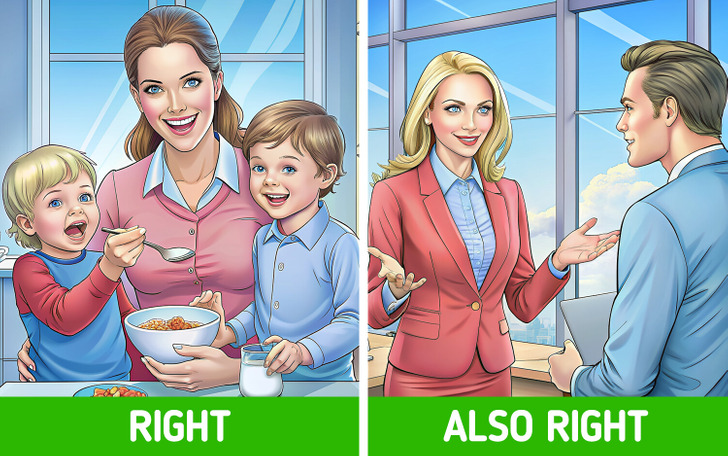
Many of us grow up being taught that we should have children and that our lives will be incomplete without them. Parenting is a great joy, but it’s best to start it voluntarily, without any pressure or compulsion. This is why a person who doesn’t want to have kids is not selfish or egocentric.
In fact, they are the opposite: people with high self-awareness who are able to ignore all the pressure from other people. They know what they want from life, and strive to achieve their main goals. You should not feel guilty for wanting to be childfree.
10. Ending a relationship, job, or life situation.

It’s never easy to break up with a significant other, move to another country or city, or quit a job that doesn’t make you happy anymore. If you feel bad when you talk to someone or dislike hanging out with them, it’s time to think over your relationship.
We often proceed with an unhealthy friendship or relationship because we’re scared of hurting someone. But when it comes to relationships that are damaging, sometimes you need to put yourself first. If something has an impact on your well-being, it might be time to say goodbye.
Some life rules we once thought were normal are now outdated, and some were never okay to begin with. It’s fine for people to have different attitudes towards life and standards, make their own decisions, and prioritize taking care of themselves. Everyone’s path is unique, and respecting these differences is important.







